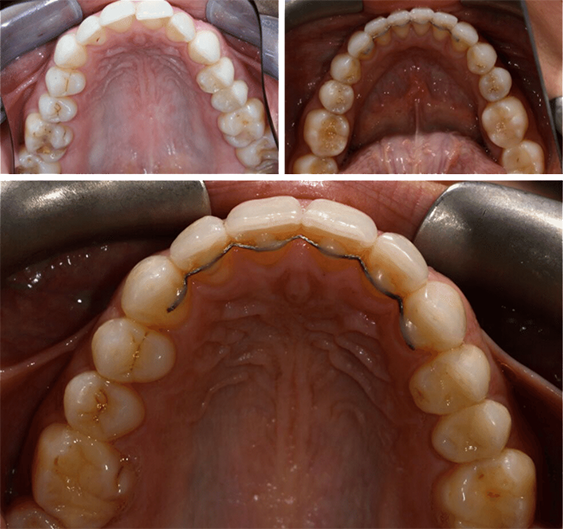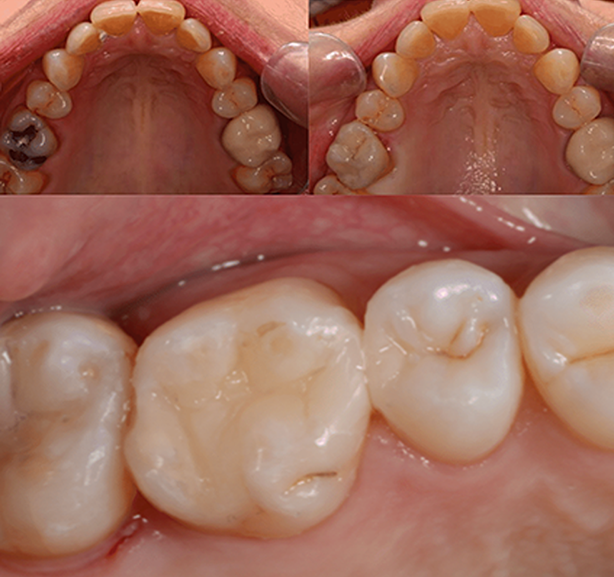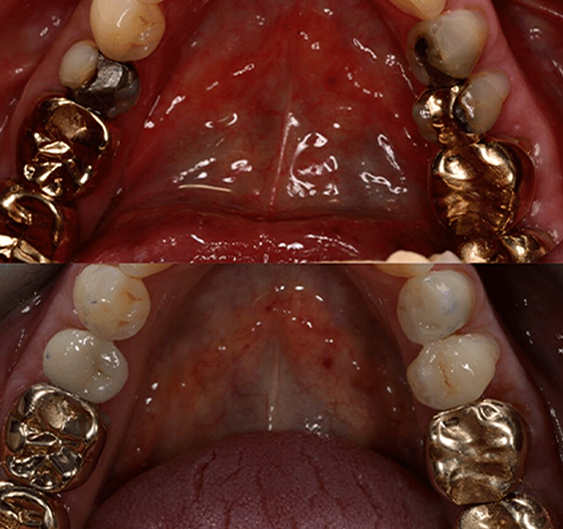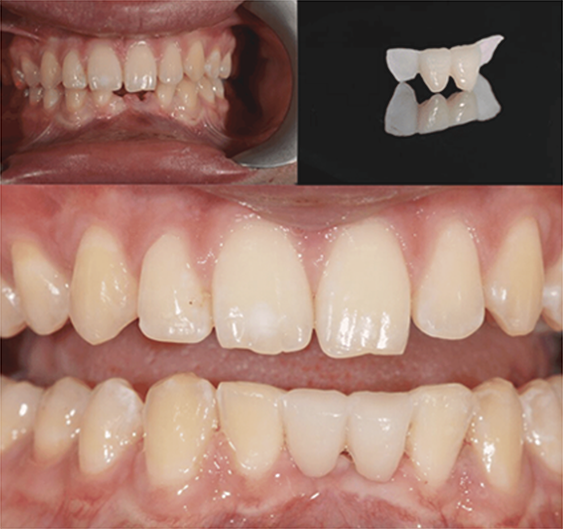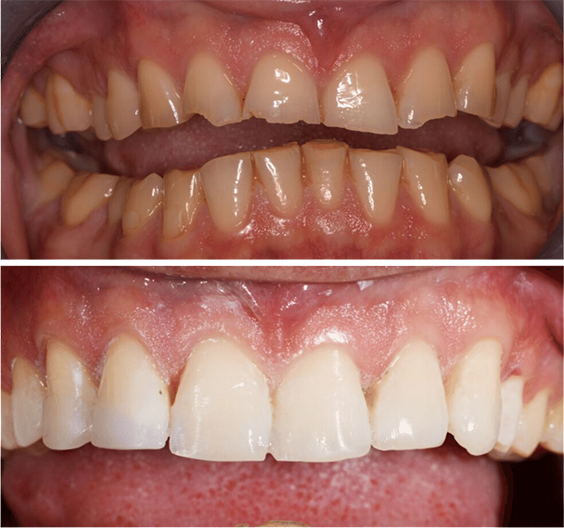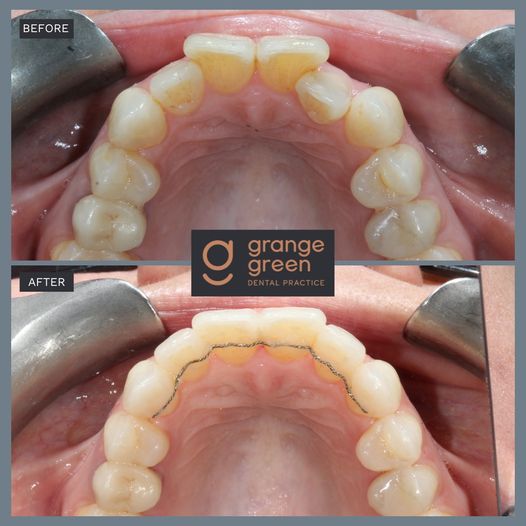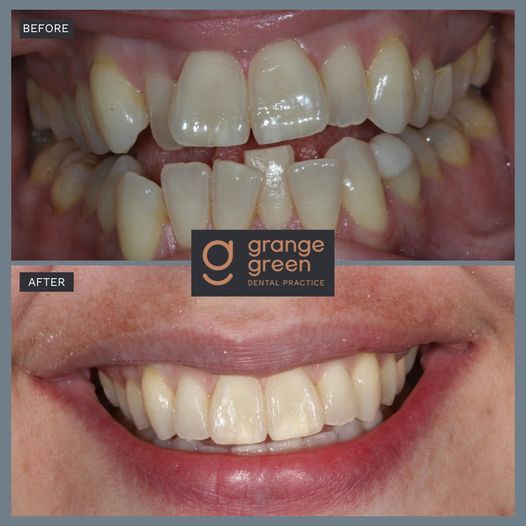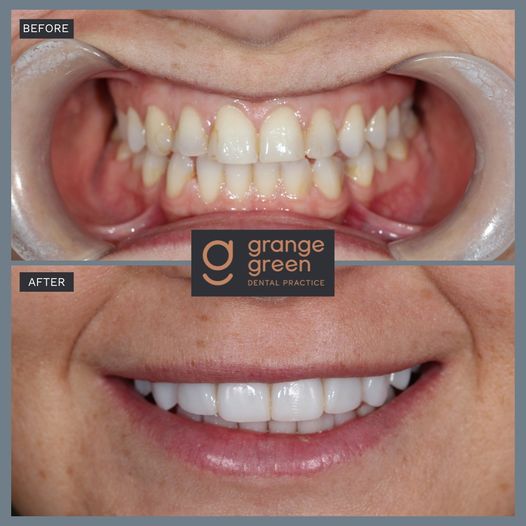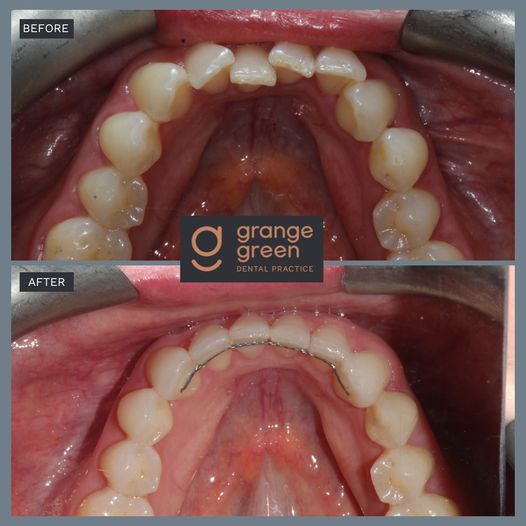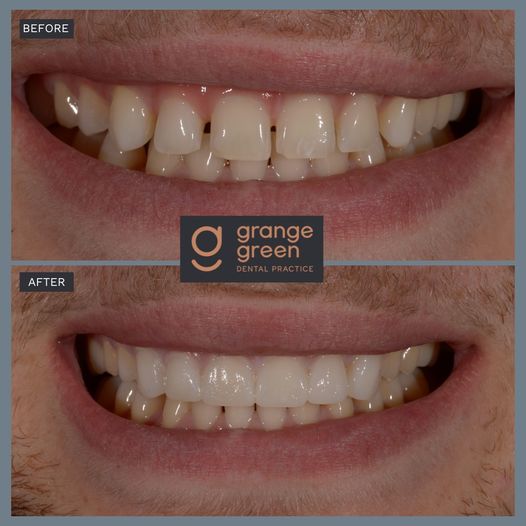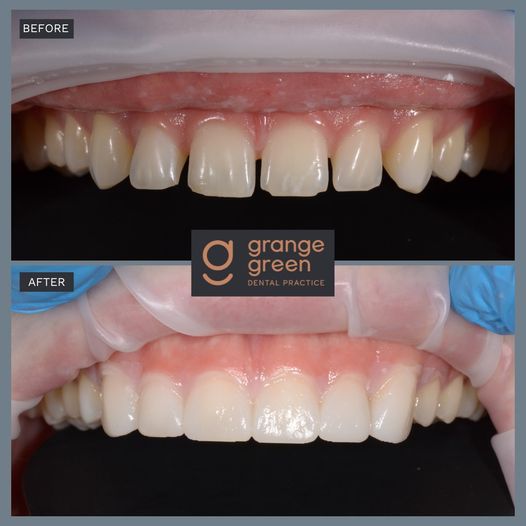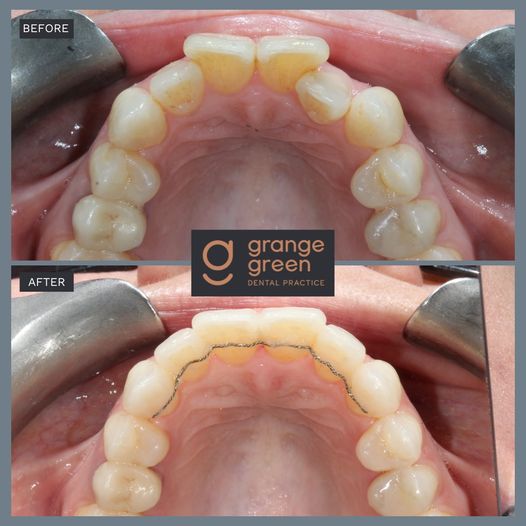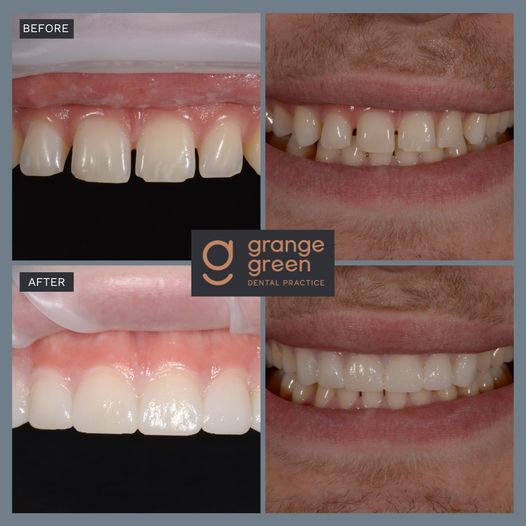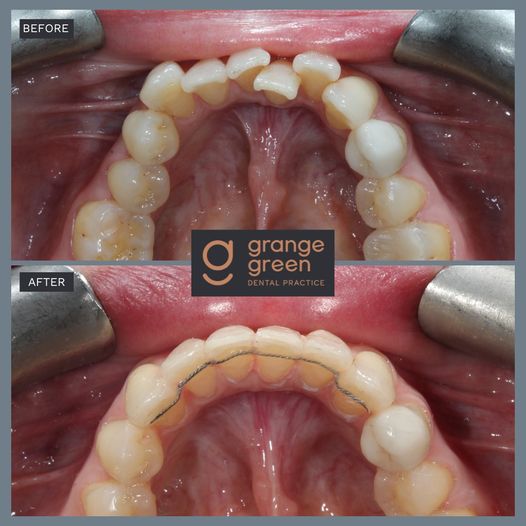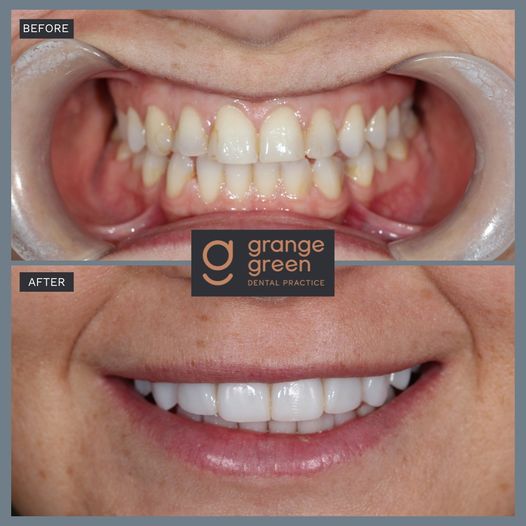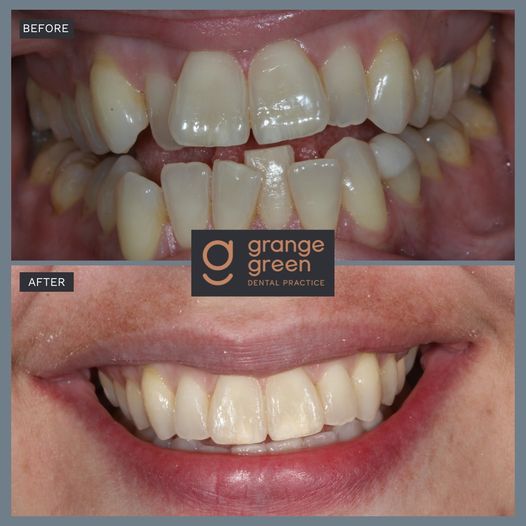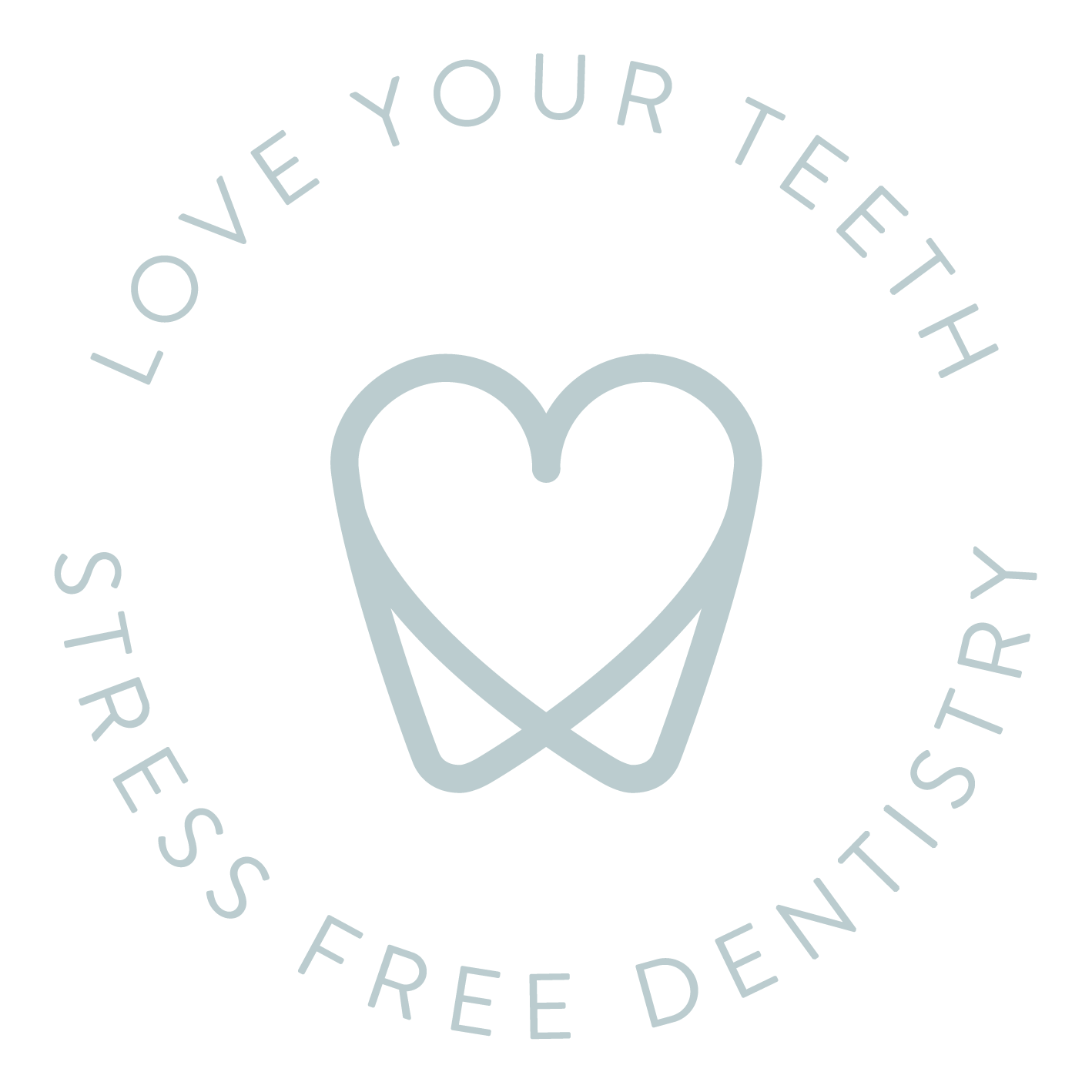

Toothache will usually have you reaching for the phone to make an appointment. It may be a sharp pain or a dull ache, and can sometimes be accompanied by a headache or fever. It’s unpleasant and uncomfortable, and usually needs professional attention straight away. Toothache may be a sign of infected gums, tooth decay, abscesses or fractures.
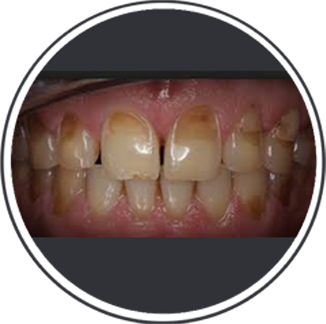
Erosion of your teeth occurs when the protective enamel is worn away. You can spot when your enamel is thinning as your teeth may appear more translucent and less creamy-white than they used to. Eating, drinking, lifestyle and age can all contribute to this kind of erosion and, unfortunately, enamel doesn’t regenerate, so once it’s gone it’s gone. Enamel erosion is more common than you might think and can lead to tooth discolouration, sensitivity and cracks in your teeth.

Do your teeth twinge in the cold air or when you sip a hot cup of tea? Sensitive teeth usually make themselves known when they come into contact with temperature extremes. It can cause you to wince and sometimes be a painful experience. Enamel erosion can lead to tooth sensitivity, as can teeth clenching or grinding, and teeth bleaching.
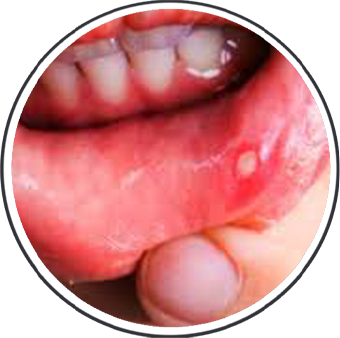
Eating and drinking when you have a mouth sore is an uncomfortable experience. A mouth sore can develop for a number of reasons. It could be from burning your mouth, biting your lip or even brushing too hard. These shallow sores, or ulcers, can appear on the soft tissue in your mouth, on the gums, lips, tongue or inside the cheek. Mouth ulcers are not contagious and thankfully they are usually short-lived. You may find that they appear at times of stress or when your immune system is low and often will go of their own accord.

There are two kinds of gum disease. Gingivitis only affects the gum tissue surrounding the teeth, while periodontitis is more severe as it can spread below the gum to damage tissues and bone in your jaw. The ultimate cause for gum disease is a build-up of plaque and harmful bacteria in the mouth.
